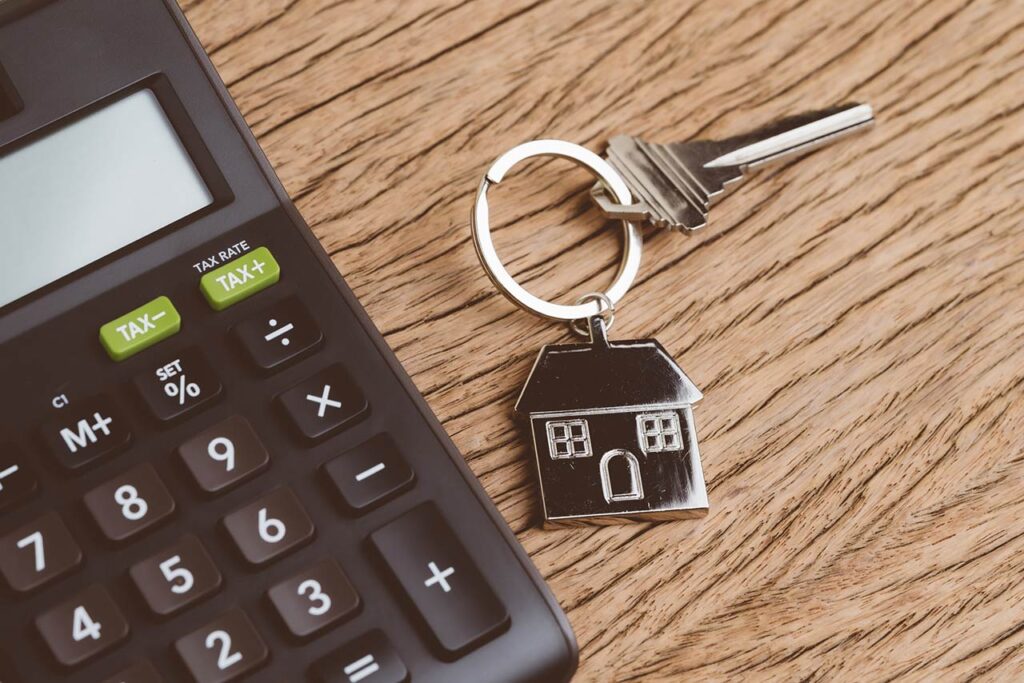Renting or Buying a Home: The Pros and Cons

When it comes to finding a place to call home, the decision between renting and buying is a pivotal one with far-reaching implications. Both options offer distinct advantages and drawbacks that can significantly impact your finances, lifestyle, and long-term goals. Understanding the pros and cons of renting versus buying a home is essential for making an informed choice that aligns with your individual circumstances and aspirations. In this comprehensive guide, we delve into the key factors to consider when deciding between renting and buying a home, providing insights to help you navigate this significant milestone in your life.
So, you’ve reached that point in life where you’re thinking about nesting a bit more permanently. Welcome to the world of adulting! One big decision you’ll face is whether to rent or buy a home. Let’s break down the pros and cons of each so you can make an informed choice (and maybe even impress your friends with your newfound real estate savvy).
Pros of Renting a Home
Flexibility and Mobility
Want to try out a new neighborhood every year? Renting allows you to pack up and move without the hassle of selling a property.
Lower Upfront Costs
No need to drain your savings for a down payment. Renting typically requires a smaller upfront financial commitment.
Less Responsibility for Maintenance
Landlord, I have a leaky faucet! Cue maintenance staff swooping in to save the day. Renting means fewer worries about fixing things yourself.
Cons of Renting a Home
Lack of Equity Building
While you’re tossing money into your landlord’s pocket every month, you’re not building equity for yourself. It’s like paying for a gym membership but not going.
Potential Rent Increases
Rent isn’t always stable. Your cozy little apartment could become less cozy if rent hikes come knocking.
Limited Control over Property
Want to paint the walls neon pink or install a quirky bookshelf? You might need to get permission first. Renting limits your ability to make major changes.
Pros of Buying a Home
Building Equity
Every mortgage payment means you’re one step closer to owning a piece of the pie. One day, that pie will be all yours (figuratively speaking).
Stability and Potential Appreciation
Buying a home can offer stability in a fluctuating rental market. Plus, if the housing market is kind to you, your property might appreciate over time.
Personalization and Long-Term Investment
It’s your space, your rules. Paint the walls whatever color your heart desires, and plant a garden in the backyard. Buying a home is an investment in both your future and your personal style.
Cons of Buying a Home
Upfront Costs and Financial Commitment
Buying a home often requires a significant upfront investment, including a down payment, closing costs, and other fees. This financial commitment can be daunting for many individuals and may limit their ability to pursue other financial goals.
Maintenance and Repair Responsibilities
Homeownership comes with the responsibility of maintaining and repairing the property. From fixing leaky faucets to major renovations, these costs can add up over time and require both time and resources to address.
Potential for Property Value Fluctuations
The real estate market is subject to fluctuations, and property values can rise or fall unexpectedly. This unpredictability can impact the equity homeowners have in their property and may influence their overall financial stability.
Financial Considerations: Renting vs. Buying
Comparing Monthly Costs
Renting often involves a more predictable monthly cost, as rent amounts are fixed for the duration of the lease. In comparison, homeownership costs can vary due to factors such as mortgage rates, property taxes, and insurance premiums.
Long-Term Financial Implications
When deciding between renting and buying, it’s essential to consider the long-term financial implications. While renting may offer flexibility, homeownership can build equity over time and potentially serve as a valuable asset in the future.
Lifestyle Factors to Consider
Family and Future Plans
Your family size and future plans play a significant role in determining whether renting or buying is the right choice for you. Consider factors such as school districts, space requirements, and long-term goals when making this decision.
Community and Location Preferences
Your lifestyle preferences, such as the type of community you want to live in and the proximity to amenities, can influence whether renting or buying aligns with your desired lifestyle. Consider your priorities and how they align with different housing options.
Making the Decision: Renting or Buying?
Assessing Personal Priorities
Ultimately, the decision to rent or buy a home should align with your personal priorities and financial goals. Consider factors such as financial stability, lifestyle preferences, and long-term plans when making this important decision.
Consulting with Real Estate Professionals
When unsure about whether to rent or buy, consulting with real estate professionals can offer valuable insights and guidance. Experienced agents can provide market expertise and help you navigate the complexities of the housing market to make an informed decision.
Closing Thoughts on Renting and Buying a Home
Whether you choose to rent or buy a home, it’s important to remember that both options have their own set of advantages and disadvantages. Ultimately, the decision should be based on your personal preferences, financial situation, and long-term goals. By weighing the pros and cons discussed in this article, you can make an informed choice that suits your needs and aspirations. Whichever path you decide to take, remember that a home is not just a place to live, but also a significant investment in your future. Here’s to finding the perfect place to call home, whether it’s through renting or buying!